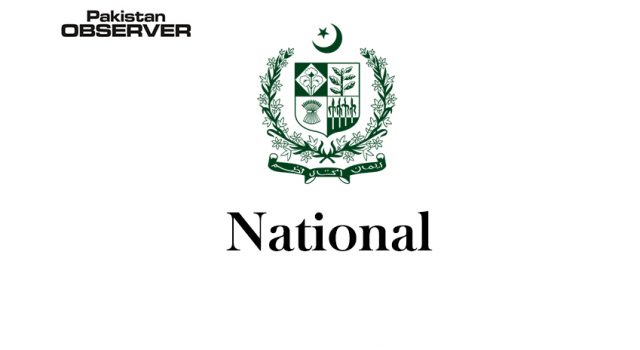Sawan Khaskheli Mithi
In a unique initiative in the medical history of Pakistan to address the challenges of mental health illness, a report launched on Monday revealed that 60 percent of the suicide victims in Tharparkar were teenagers.
The report ‘Psychological Autopsy of Suicide Cases Registered at District Tharparkar’ has suggested abolition of section 325 of the Pakistan Penal Code by decriminalizing the suicides and introducing the Suicide Prevention Act.
The study was conducted with the technical support of the country’s top Psychiatrists and Psychiatry Institutes and steered by the Sindh Mental Health Authority (SMHA) and financially supported by Thar Foundation whereas Govt of Sindh, Health Department, District Administration of Tharparkar, Liaquat University of Medical and Health Science, Dow University, Sir Cowasjee Institute of Psychiatry provided the technical and human resource support for the program.
The report has also revealed that 24 percent of the victims already had different natures of mental illnesses, while only 9 percent of victims were under a loan burden.
According to the report, the age group of the victims was 10-to-20 contained 60 percent individuals and 36 percent were in the bracket of 21-to-30 years.
Around 45 percent of females and 15 percent males had no formal education, whereas 60 percent females were housewives and 40 percent of victims belonged to low-income groups and were unskilled laborers, peasants, daily wage workers, and small-scale business owners, reads the report.
In terms of method of suicide, the report says 73 percent of victims hanged themselves, while 36 percent had previously expressed the wish to die earlier.
The report has also noted that 15 percent of suicide victims had attempted suicide previously before completing suicide with the female to male ratio was 4:1.
The study found that 52 percent of suicides were pre-planned and 48 percent of suicides were sudden and impulsive acts as described by the family members.
The month of April and May were crucial during which high numbers of suicide cases were recorded, said the report.
Addressing the ceremony Chairman of Sindh Mental Health Authority, Senator Dr. Karim Khawaja said the results of the psychiatric autopsy has revealed the real reasons for suicide cases, adding that ‘no such study has been conducted across South Asia, which will help to formulate the suicide prevention policies and legislation’.










